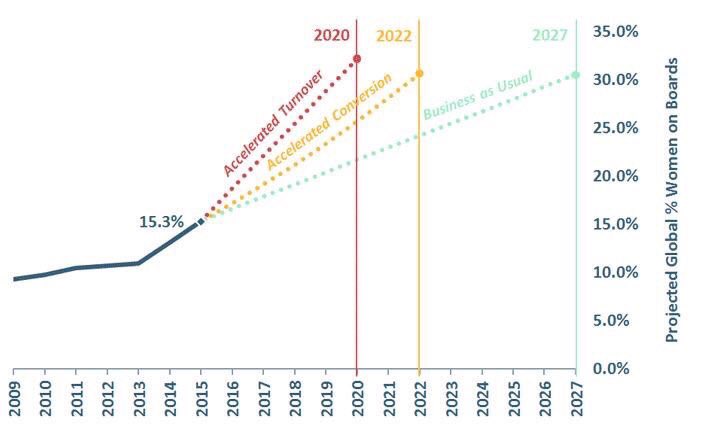
Zeckhauser: Investing in the Unknown and Unknowable



We can’t control how markets move, so we can’t control whether any single trade we make will be profitable or not. But we can control how we make trades: how we enter, how we size positions, how we exit, and how we contain losses.
Having rules about all of those helps us set specific goals about the process of trading, rather than about the outcome.
The goal of your learning is to trade well, just as the goal of a pitcher is to make a good pitch. If you do that often enough, you’ll win your share of outings.

33% India
13% China
9% Nigeria
5% Bangladesh
5% DR Congo


Trading can be an expression of self esteem; it cannot substitute for a self. To change yourself is noble, but only shattered dreams come from efforts to change your self. You will succeed by becoming more of the person you are at your best, not by overreaching in vain hopes of transformation.

